US media outlets quoted US officials as saying that President Joe Biden had approved a plan to carry out multi-day attacks targeting Iranian personnel and infrastructure in Iraq and Syria. In response, Iranian media vowed to respond strongly if it was “bullied”.
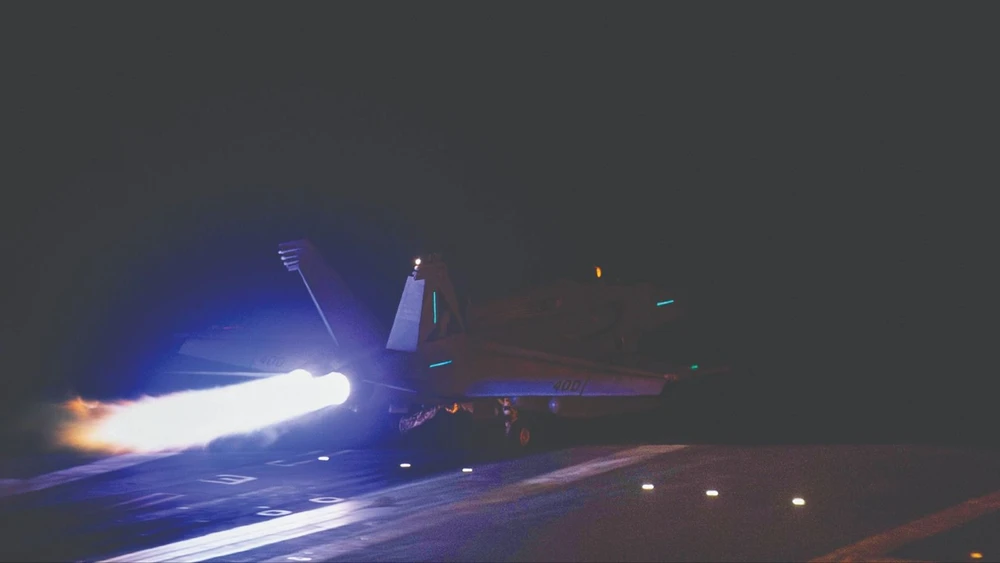
Strong statement
According to CNN, the US attacks will be a retaliation for the drone attack, carried out by the Iran-backed Iraqi Islamic Resistance group, on the US military base Tower 22 in Jordan on January 28, killing 3 soldiers and injuring 34 others.
On the same day, Reuters news agency quoted four US officials as saying that the drone used to attack Tower 22 on January 28 was likely manufactured in Iran. This assessment was based on analysis of debris from the aircraft at the scene, but the US did not disclose the name of the weapon. With that discovery, the US is determined to hold Iran responsible for supporting the militia groups that carried out the attack.
On Iran's side, on February 2, in a televised speech, Iranian President Ebrahim Raisi stated: We will not start any war, but if anyone wants to bully them, they will face a strong response. Mr. Hossein Salami, Commander of the Islamic Revolutionary Guard Corps, said that Tehran is not afraid of direct military confrontation with Washington but also does not seek war with the US. According to the official news agency IRNA, Iranian Foreign Minister Hossein Amir-Abdollahian called on the US to stop using threatening language against Iran and focus on a political solution. Mr. Amir-Abdollahian affirmed that Iran's response to threats is decisive and immediate.
Red line
Meanwhile, countries such as Russia, China, Egypt, Saudi Arabia... have all voiced concerns about the new tensions between the US and Iran.
Kremlin spokesman Dmitry Peskov said Russia does not welcome any actions that lead to destabilization in the region and increase tensions, especially in the context of the risk of excessive conflict.
Peskov said steps were needed to reduce tensions rather than destabilize the wider region. Neither Washington nor Tehran has shown any appetite for a direct military confrontation, according to the Wall Street Journal. For the Biden administration, attacking Iranian paramilitaries risks a counterattack against US troops or bases in the Middle East from Tehran’s formidable arsenal of advanced missiles and drones.
Moreover, in a presidential election year, the White House is looking to avoid expanding the war in the Gaza Strip between Israel and Hamas into a broader regional conflict. For Iran, war with the United States is also a consideration. If Iran tries to contain the forces it supports in Iraq, Yemen, Syria and Lebanon, it risks undermining its claim to lead a so-called “axis of resistance” of militias and friendly allies in the Middle East against the United States and Israel. But if Iran confronts the more powerful United States directly, it risks significant casualties and tighter sanctions.
According to Mr. Gerald Feierstein, a former US State Department official, each side is trying to adjust the use of force as a way to try to change the other's behavior, but neither side wants to cross the red line.
KHANH MINH
Source


![[Photo] Phuc Tho mulberry season – Sweet fruit from green agriculture](https://vstatic.vietnam.vn/vietnam/resource/IMAGE/2025/4/10/1710a51d63c84a5a92de1b9b4caaf3e5)

![[Photo] Prime Minister Pham Minh Chinh chairs meeting to discuss tax solutions for Vietnam's import and export goods](https://vstatic.vietnam.vn/vietnam/resource/IMAGE/2025/4/10/19b9ed81ca2940b79fb8a0b9ccef539a)


![[Photo] Summary of parade practice in preparation for the April 30th celebration](https://vstatic.vietnam.vn/vietnam/resource/IMAGE/2025/4/11/78cfee0f2cc045b387ff1a4362b5950f)
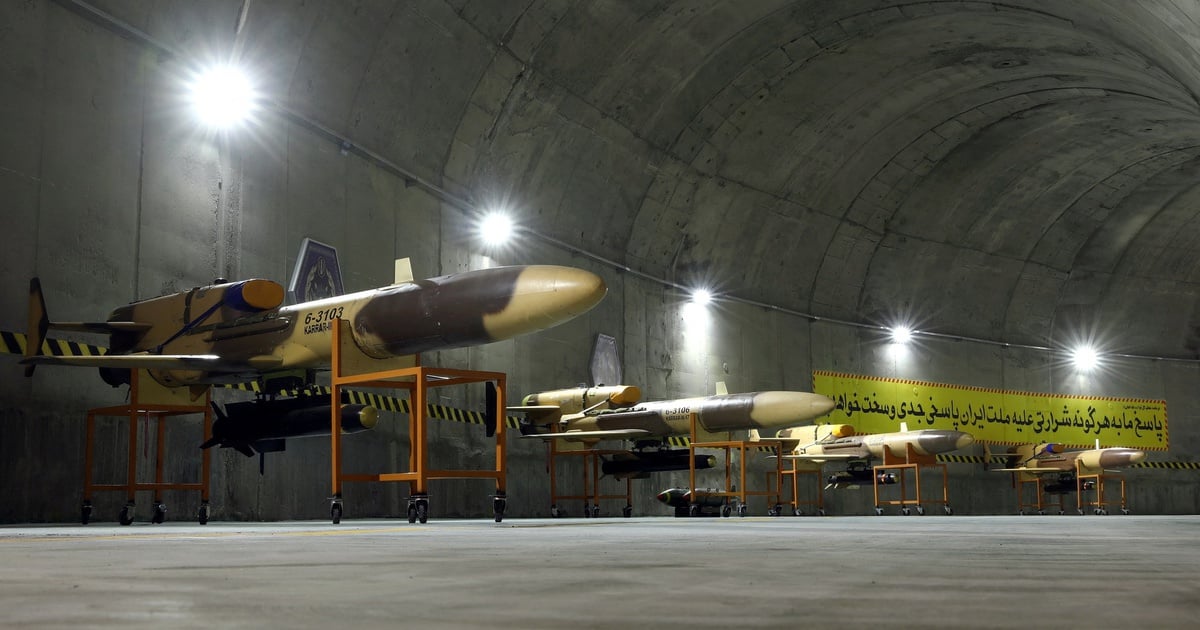

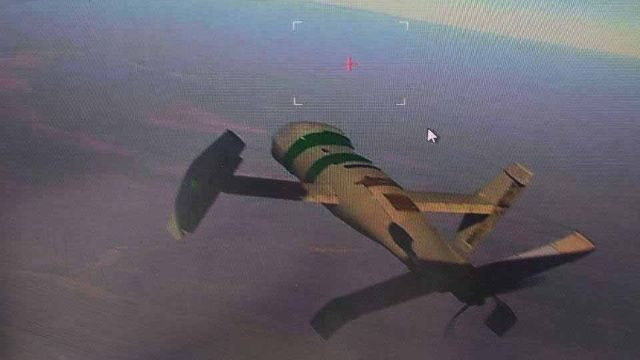

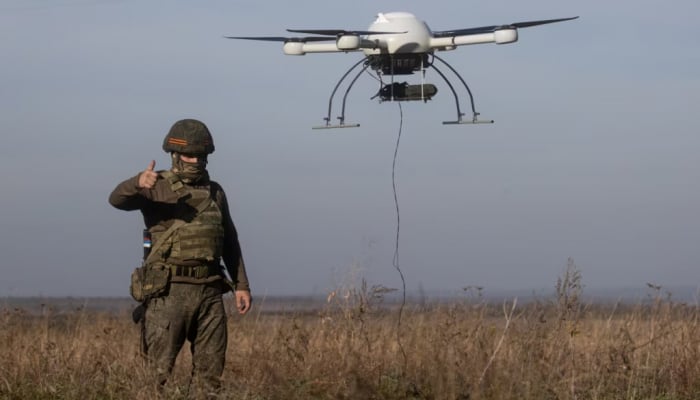
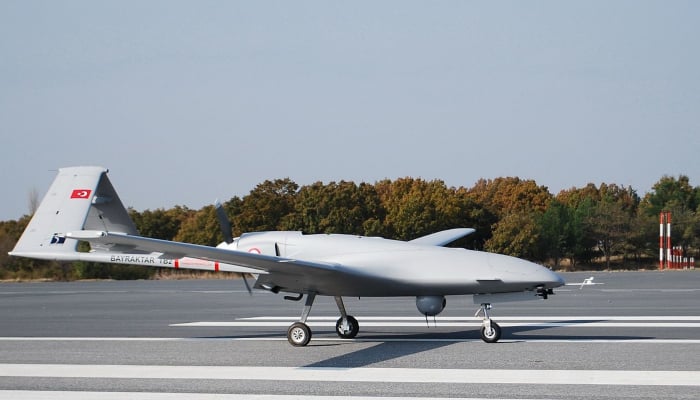








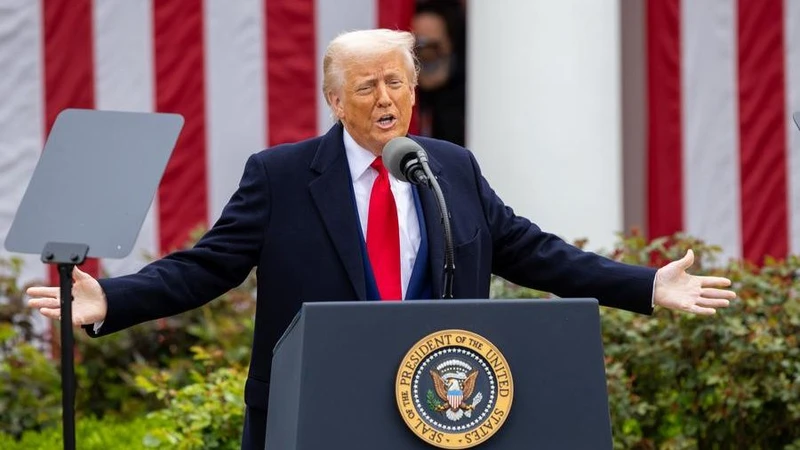



















































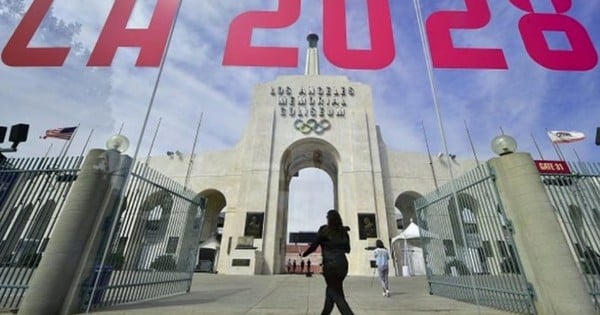





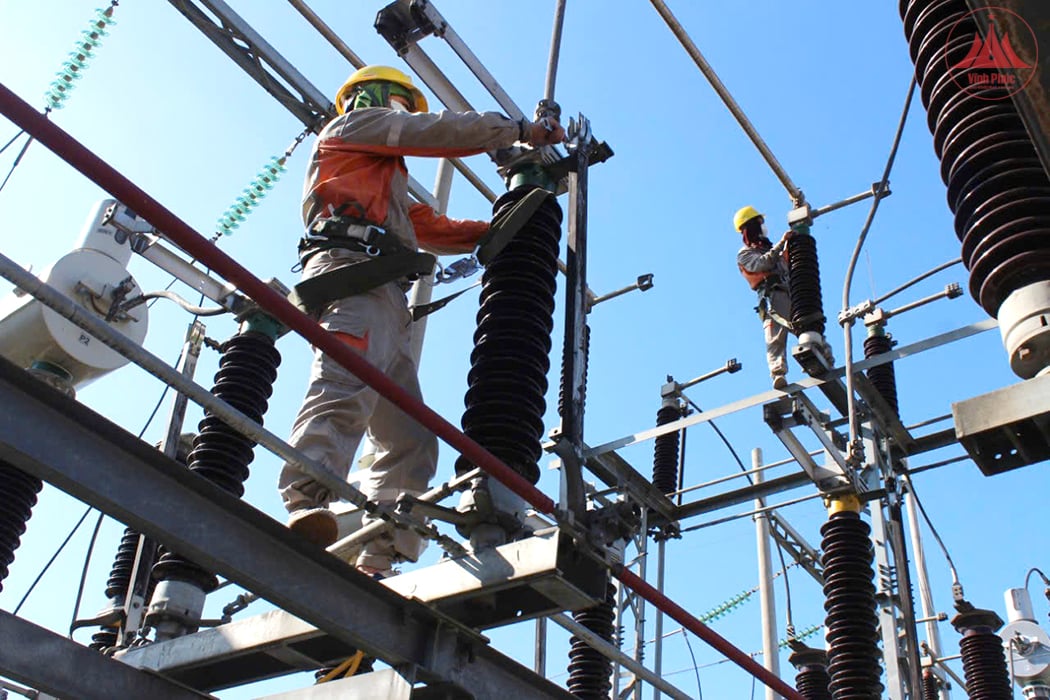





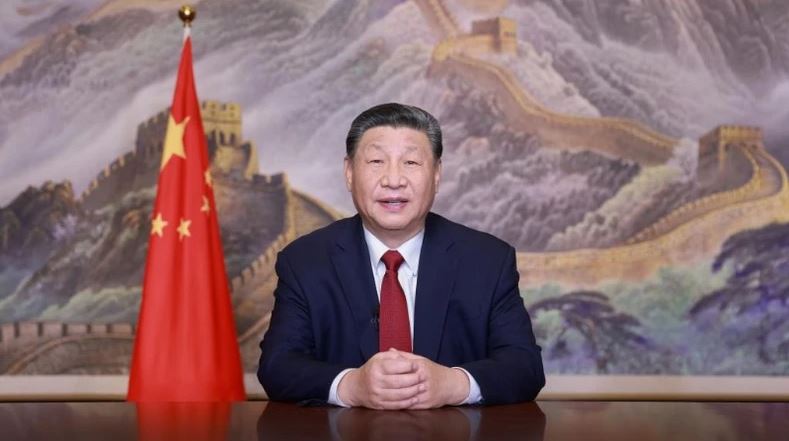











Comment (0)